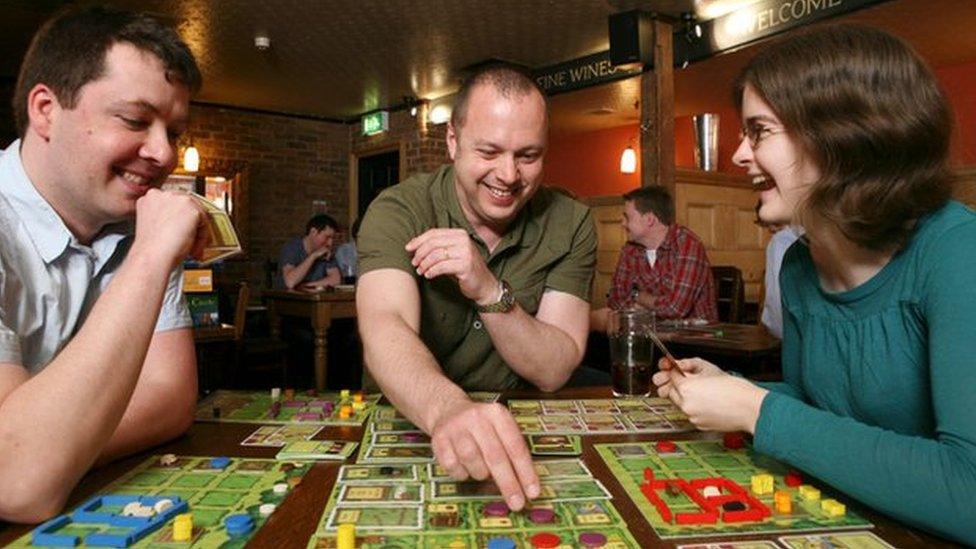Jelly tots inventor part of new Leeds exhibition
- Published

Dr Brian Boffey invented the fruit-flavoured sweets but never pocketed a penny
A new exhibition will explore Leeds's history of inventors, including the man who accidentally created jelly tots.
The event at Leeds Industrial Museum, external will feature the achievements of the city's scientists, engineers and top minds.
It includes the story of Dr Brian Boffey who invented the fruit-flavoured sweets but never pocketed a penny.
Other names honoured include Kirstall Forge founder Betty Beecroft and William Aspdin, a pioneer of cement.
Although the exhibition, which starts next month, spans 300 years of history, Dr Boffey's discovery happened while the research scientist, from Horsforth, was working at Rowntrees in York in the 1960s.
He was trying to find a formula for a powdered jelly which would set instantly when added to cold water but the research was deemed a failure.
Instead the experiments produced tiny droplets which were initially written off a useless by-product.
But flavour and colour were added to them and within weeks the sweets were being sold in shops.
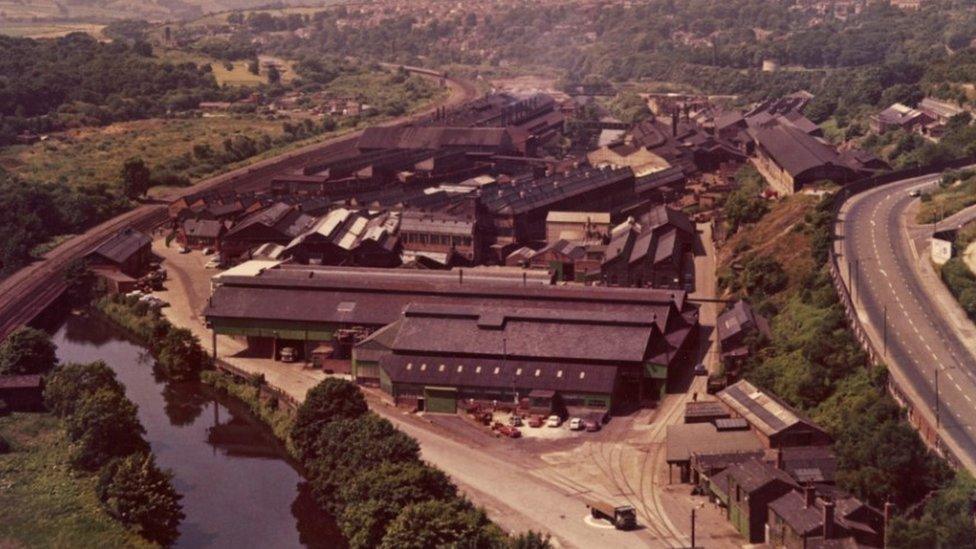
The success of Kirkstall Forge laid the foundation for centuries of production at the site
The exhibition will also explore the success of one of the world's oldest smithies, Kirkstall Forge, which is credited to the shrewd business mind of "Leeds's very own Iron Lady" Betty Beecroft.
The farmer's wife persuaded her husband George to buy the forge in 1778 despite the workshop's dilapidated condition.
Bringing in new equipment and an astute business model, she quickly saw profits rocket from £172 in 1780 to the sum of £952 in 1784.
Writing in her diary, she said: "Now we fully applied ourselves to our business my husband undertook the care of the farm and works and I undertook the care of the trade the books with the buying and selling also the Engagements of the Men."
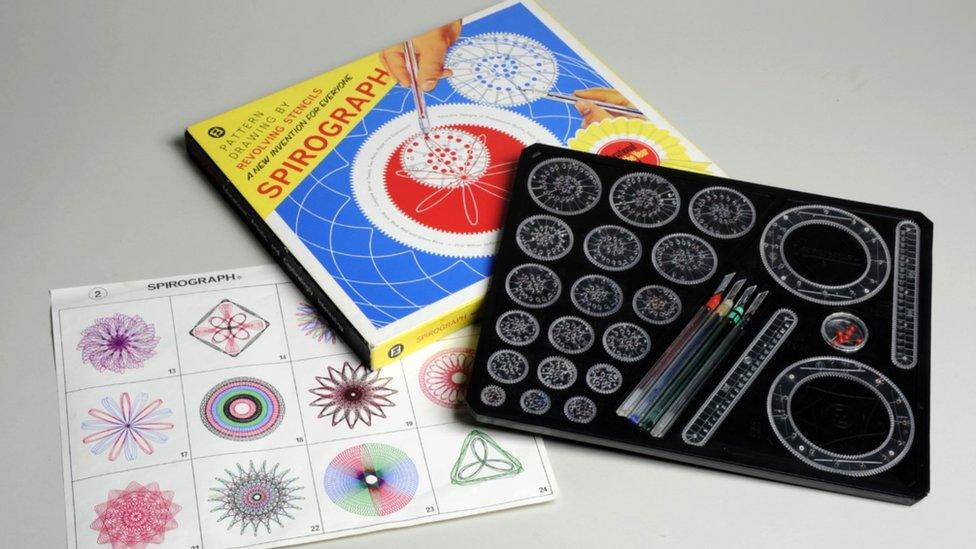
Spirograph uses plastic circles with gear teeth, pens and paper to create hypotrochoids and epitrochoids - kinds of curves and circles - which can create a vast number of patterns

The three wheeled microcar was allegedly built because the wife of one of the directors wanted something easier to park than her Jaguar
Other inventions from the city's great minds include Leeds University graduate Denys Fisher who came up with Spirograph - a game that used engineering principles to help children unleash their creative potential.
John Smeaton, the "father of civil engineering", and Hunslet Engine Company, responsible for the unique looking Scootacar, are also featured.

Follow BBC Yorkshire on Facebook, external, Twitter, external and Instagram, external. Send your story ideas to yorkslincs.news@bbc.co.uk, external.
- Published20 September 2019

- Published20 December 2018
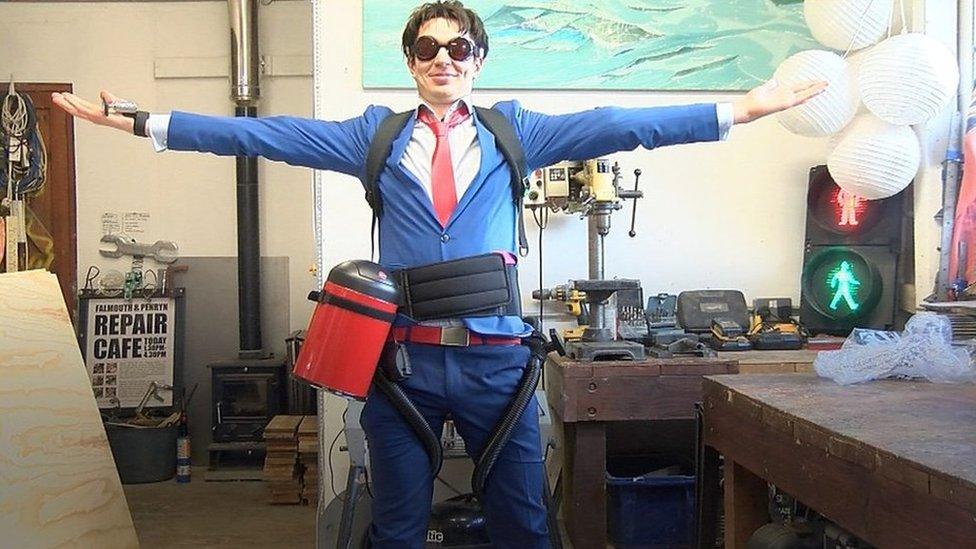
- Published18 July 2019
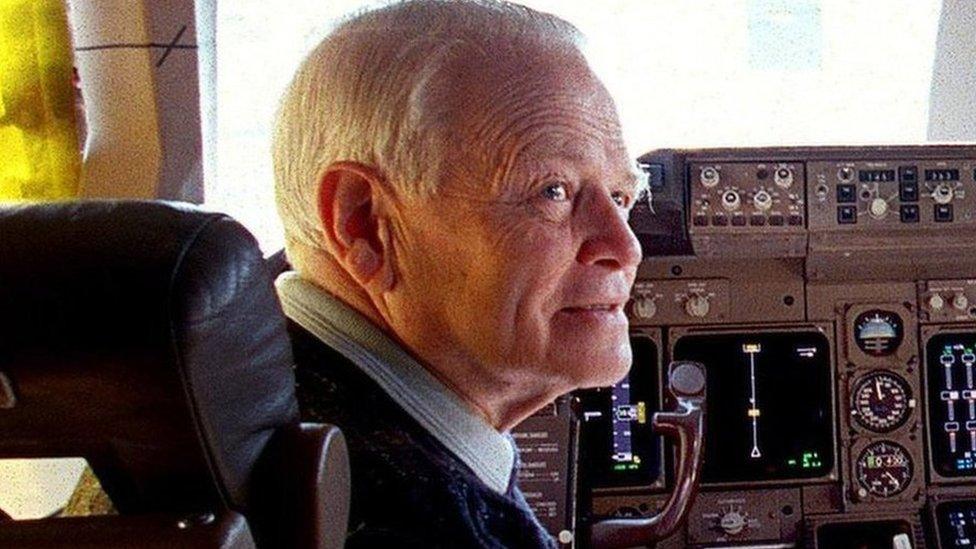
- Published28 May 2018
